ABOUT THE CONGRESS

CALL FOR PAPERS
O ur Congress is for people, who want to participate in a major international forum, get published, network with colleagues from many countries and sharing similar or complementary interests, and to have fun in PATARA, the living memory of the first democracy in The World!
You are invited to participate in "Innovation and Global Issues in Social Sciences III" (InGlobe). The Congress, organized by free academics platform together with other NGO's and Universities, will be held from April 26-29, 2018 at the Patara Antique City, Antalya.
"Innovation and Global Issues in Social Sciences III", which is supported by Ministry of Culture and Tourism, Kaş Governorship, Kaş Municipality, Institution of Patara Culture and Tourism, has been announced within 15 countries. It is aimed to include original works that deal with current affairs, global events, innovative approaches from all fields of social sciences. The presentation languages of the Congress are Turkish and English. It is possible to publish studies in German or Russian as well as Turkish (All Dialects) and English languages in the context of the Congress.
Studies will be published in our Congress books with ISBN numbers. Participants who wish will be able to publish their work in one of The Congress partner journals appropriate to their field of work after the referee's process. Within the scope of the congress, successful studies will be rewarded at every field by science board.
InGlobe provides the ideal opportunity to bring together academics, researchers, high education students of different disciplines, public practitioners and industry practitioners, discuss new issues, and discover the most recent developments, researches and global trends in social sciences. The conference welcomes papers from academics, including professors and students, public practitioners and industry practitioners. Non presenting participants are also welcome.
Due to the nature of the conference with its focus on innovative ideas and developments, papers also related to all areas of social sciences including communication, accounting, finance, public finance, economics, management, business, marketing, education, sociology, psychology, political science, law and other areas of social sciences; also all areas of humanities including anthropology, archaelogy, architecture, art, ethics, folklore studies, history, language studies, literature, methodological studies, music, philosophy, poetry and theater are invited for the international conference.
We will be happy to see you in Patara between 26-29 April 2018. We are waiting for your contributions to the congress.
Sincerly
Submitted papers will be subject to peer review and evaluated based on originality and clarity of exposition.
DEADLINES
- Congress Venue: Patara, Antalya / TURKEY
- Congress Dates: April 26-29, 2018
- Abstract Submission Date: April 01, 2018
- Acceptance Notice: ASAP after Submission
- Early Registration Date: March 01, 2018
- Last Registration Date: April 10, 2018
- Publication of the Program: April 10, 2018
- Full Text Submission Date: June 01, 2018
- E-Proceedings Books: July 30, 2018
FEES
| Early Registration* | Registration Fee | Accommodition | |
|---|---|---|---|
| Academics | 80 USD | 100 USD | 40 USD Per Day |
| Students** | 60 USD | 80 USD | 40 USD Per Day |
| Virtual Presentations*** | 80 USD | 100 USD | - |
| Listeners**** | 40 USD | 50 USD | 40 USD Per Day |
IMPORTANT NOTE!
1 - Contact us for USD, EUR and RUB exchanges.2 - If you are traveling outside of Türkiye, You may pay at registration desk. Contact us.
REGISTRATON INCLUDES
- Presantation
- Mobile Program Booklet
- Conference Kit&Badges
- Certificate of Participation
- Exhibitions and Seminar Activities
- Sand Dooms Sunset Event
- Patara Antique City Tour
ACCOMMODITION INCLUDES
- 1 Person in Double Room
- Breakfast
- Dinner with Drink
- Common Areas
- Tea Time
- Wi-Fi
GUIDELINES
You can click acordion windows below to see details about our guidelines. You have to follow guidelines for your article to get published. Also, you can download Guidelines by clicking here.For Extended abstract template, please click here.
For Full text book template, please click here.
For english version of Full text book template, please click here.
AUTHOR GUIDELINES
NOTES FOR WRITERS
1- Articles submitted to the InGlobe congress should be original contributions and should not be published previously or should not be under consideration for any other publication at the same time. If another version of the paper is under consideration by any other publication, or has been, or will be published elsewhere, authors should inform the congress regulatory board at the time of submission.
2- If a submitted article is selected for publication, its copyright will be transferred to the Congress Executive Board . Published papers can be cited by giving the necessary bibliographical information. For re-publication of any article in full-text permission must be sought from the editors.
3- All submissions are subject to a double blind peer review. If necassary, we consider to send a 3rd referee.
4- Authors bear responsibility for their contributions. Statements of fact or opinion appearing in article are solely those of the authors and do not imply endorsement by InGlobe.
5- Author should send their articles or book reviews including their address and cell phone numbers to the e-mail address [email protected].
6- Before submission all authors are asked to fill in the article submission form.
7- Studies are going to accepted in Turkish (All Dialects), English, German, Russian, French, Georgian languages.
8- Congress presentations will only be in "Turkish and English". English abstracts of the work to be submitted are also required. The studies should include English and a second language (such as Turkish and German) with 100-word abstract and maximum five keywords. Participants who wish to make a presentation in another language may communicate with us by preparing presentation notes in English or Turkish.
9- Only extended abstract summaries and / or full texts of the work presented at the congress will be published in the congress books. Authors who wish to publish extended abstracts should include an extended summary in English, as well as the publication language. In the full texts to be published, a summary in the publication language and an English abstract should be included. If the publication language is in English, it is sufficient to have only the English summary and / or abstract.
10- Articles should be between 6,000-8,000 words. Book reviews should be between 1500-2000 words. Case analyses should be between 3000-5000 words including footnotes. Extended abstracts should be between 500-1000 words.
STYLE GUIDELINES
11- Summaries and keywords in both publication language and in English must be added to studies. Each of the abstracts should have an average of 100 words, and the key words in both languages should not exceed five words.
12- Submissions should be prepared using Word (*.docx) Microsoft Office 2007 and later, in Times New Roman and one line space. 12 font should be used within text while 10 font should be preferred for footnotes. Paragraphs should start from 1,25 cms inside. Spaces before and after lines should be 6nk.
13- Articles Word page margins should be 2,5 cms from every side with A4 form.
14- You should leave two lines before the heading. The first letter of the main title should be written in capital letters and centered on the page (Times New Roman 14 punto). There should be one line space after the headline.
15- Other titles, keywords, and JEL Codes should be written in bold and first letters in capital letters. It should lean to the left.
16 - Topics in the works must be numbered using decimal numbers such as 1., 1.1., 1.1.1. starting from first headline(excluding bibliography).
17 - Names and surnames of authors should be written clearly under the title. Academic title, institute or company and e-mail of authors should be placed in footnotes. There should be one line space after this line.
18 - The manuscript should contain 2-3 classification codes. Check here for JEL codes. (https://www.aeaweb.org/econlit/jelCodes.php?view=jel)
19- Authors are responsible for making sure that their article conforms to the style guidelines of InGlobe Congress.
20- References and bibliography of the studies should be prepared according to the American Psychological Association (APA) method. Studies by two authors (Surname and Surname, Year of Study: Page Number). In the case of three or more authors (Surname of the first author et al., Year of Study: Page Number). When an author(s) has published more than one cited document in the same year, these are distinguished by adding lower case letters (a, b, c, etc.) after the year and within the parentheses (Gillespie, 1997a: 25) (Gillespie, 1997b: 58). For multiple references in a sentence , the citations should be written within the parentheses and separated them with semicolons (Vural, 2011: 17; Duman, 2007: 82). If there are multiple authors with the same surname, the first letters of the authors' names are also used (Yılmaz A., 2005: 157) (Yılmaz B., 2010: 27). If explanation is necessary in the text, in Times New Roman with 10 pt and single-spaced footnote method can be used.
21- Tables and figures should be numbered consecutively, as Table 1, Figure 1, in the text. All heading should be written bold but only the first letters should be capital. The titles of the tables and figures should be placed at the heading of the table or figures and centered. References belonging to table or figure should be under them as appropriate to in-text citation rules.
22- The list of references should be presented in alphabetical order at the end of the text. If the author referred to more than one publication from the same source, the oldest publication should be listed first. If the author referred to more than one publication from the same source published in the same year, the publications should be numbered using the letters a, b, c…, as citation in the text. If one author’s several publications, some with one some with two or more authors, are referred to, the publications with one author should be written first. Page numbers of articles published in the journals and chapters in the edited books must be written.
NOTES
– Book: Surname of the first author, first letter of the name., Surname of the second author, first letter of the name. and Surname of the third author, first letter of the name. (Print Year). Name of Study, Place of Publication: Publisher.
– Article: Surname of the first author, first letter of the name., Surname of the second author, first letter of the name. and Surname of the third author, first letter of the name. (Print Year). "Title of Article", Name of the Journal, Volume (Issue): pp. Page Range.
– Book Section: Surname of the first author, first letter of the name., Surname of the second author, first letter of the name. and Surname of the third author, first letter of the name. (Print Year). “Title of Section”, Name of the Book, Place of Publication: Publisher, pp. Page Range.
– Editor / Translation Book: Surname of the first author, first letter of the name., (Print Year). "Title of Study”, Name of the Book, (Ed.) Last Name of the Editor/ Translator, first letter of the name.,Place of Publication: Publisher, pp. Page Range.
– Thesis: Surname of the author, first letter of the name. (Year of Thesis). Name of the Thesis, Unpublished Master/ Doctoral Thesis, The city where the university is located: The name of the University and the name of the Institute.
– Internet Sources: Surname of the author, first letter of the name. (Date of Study). Title of Study, Access Link, (Access Date).
– Paper: Surname of the author, first letter of the name. (Date of Paper). Title, Name of the Paper, Access Link, (Access Date).
PRIZES
EVALUATION CRITERIA
- Compliance with writing rules
- Compliance with grammar rules
- Attention to the use of right terms
- The diversity of Bibliography
- Originality

SUPERIOR SUCCESS AWARDS
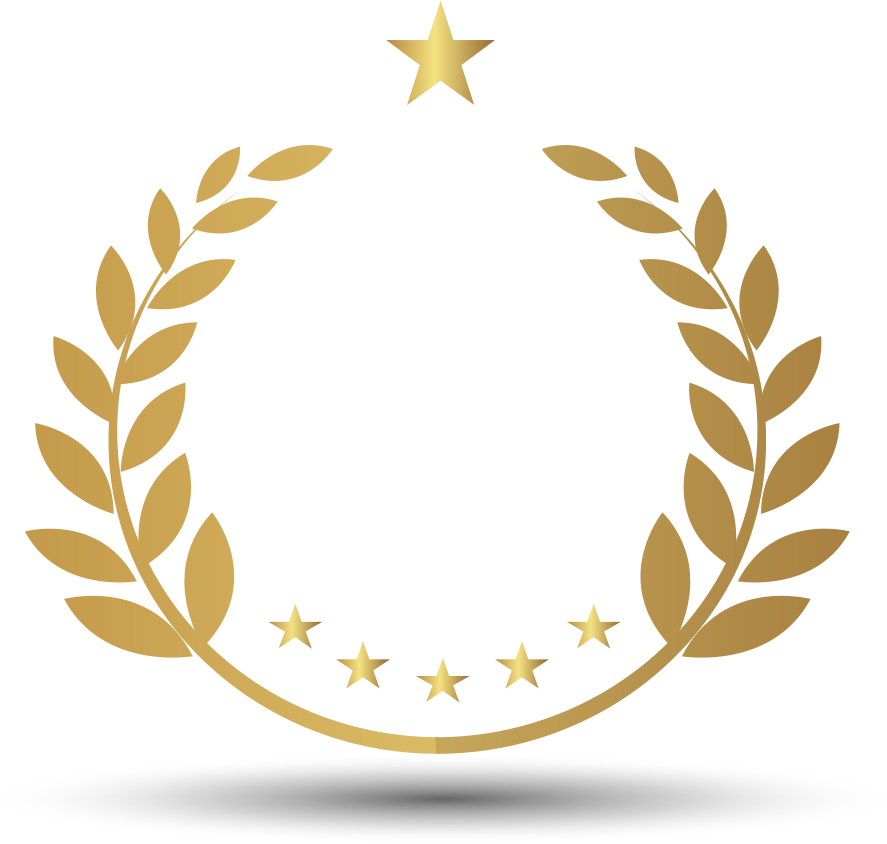
Honorary Award

Best Researcher Award

Young Scientist Award
FIELD AWARDS
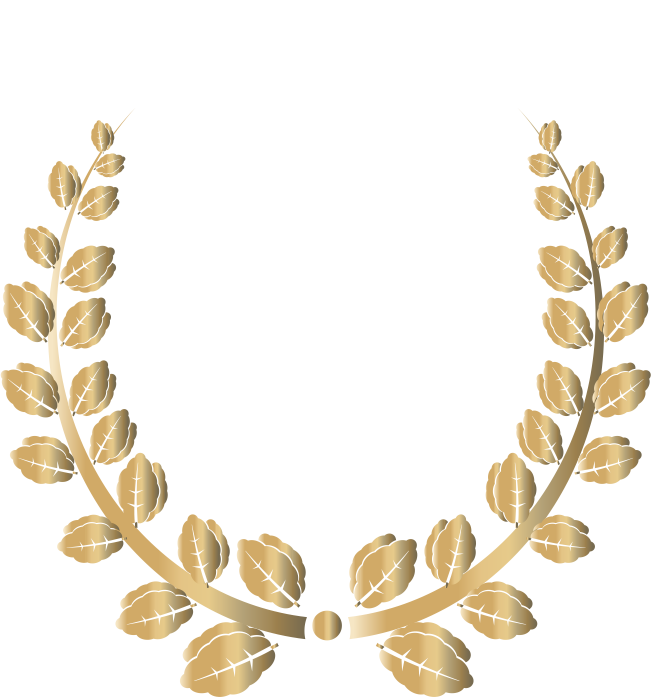
Science Award

Science Award

Science Award

Science Award

Science Award

Science Award

Science Award

















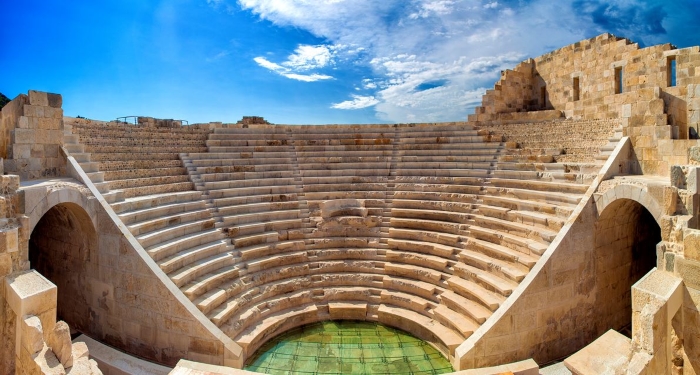
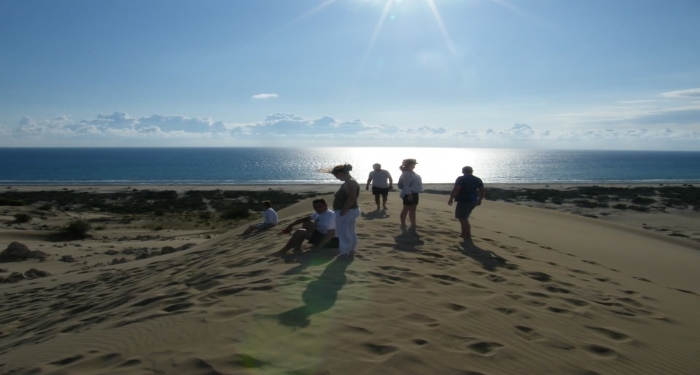
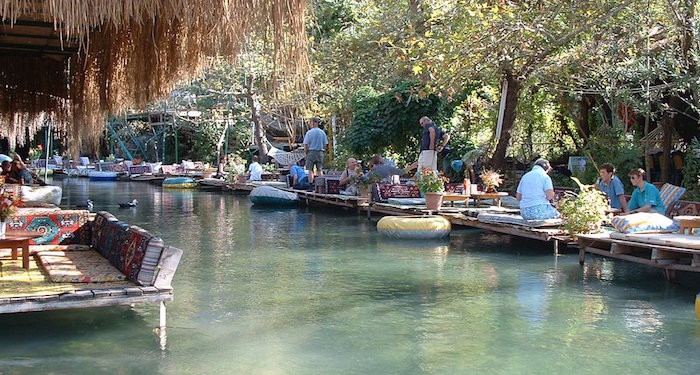
 English
English Türkçe
Türkçe Русский
Русский